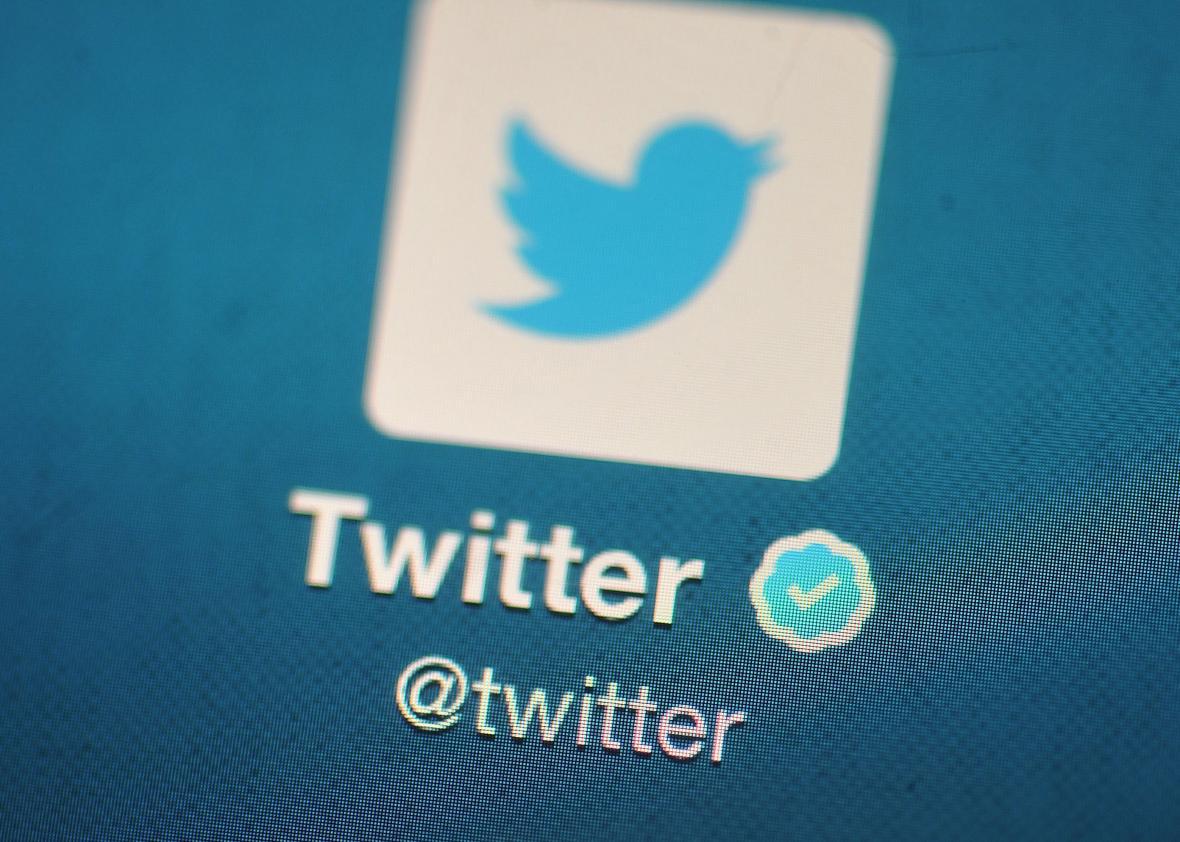On Wednesday morning, prominent feminist writer and founder of Feministing.com Jessica Valenti announced she was taking a break from social media after receiving rape threats against her five-year-old daughter. “That this is part of my work life is unacceptable,” she wrote in a series of tweets announcing her hiatus. “I should not have to fear for my kid’s safety because I write about feminism.”
Just a year ago, in a Washington Post interview with Slate’s Michelle Goldberg, Valenti said that if she were starting over as a feminist writer, she would consider doing it anonymously. And who could blame her? Even before the direct threat against her child, she experienced massive waves of online abuse for her ideas. (Not to mention real-life harassment, as detailed in her new memoir Sex Object.) Threats against women on the Internet—especially women who write about feminist issues—are the norm. In a still-relevant 2014 article called “Why Women Aren’t Welcome on the Internet,” Amanda Hess persuasively makes the case that a disproportionate number of women are harassed or stalked on the Internet. The shocking thing isn’t the vile nature of many of the comments made against women, it’s how common they are.
In her tweets, Valenti calls on social media companies and law enforcement to “get their shit together on online threats.” The proliferation of trolls making violent threats has been a recurring problem for Twitter, most recently arising when Ghostbusters’ actress and hilarious SNL cast member Leslie Jones quit Twitter after enduring racist abuse. Twitter responded to Jones’ public departure from the platform by suspending several accounts responsible for harassing her. In a conference call with investors this week, Twitter CEO Jack Dorsey acknowledged his company’s failings when it comes to eradicating abuse, saying, “No one deserves to be the target of abuse on Twitter. We haven’t been good enough at ensuring that’s the case, and we need to do better.”
Of course, we should recognize that misogyny is not just a problem on Twitter, and the ultimate responsibility for abuse on social media lies with the people doing the abusing. But Twitter can be part of the solution by cutting off trolls’ ability to broadcast their violent views. Valenti’s social media break is a reminder that plenty of women live in fear for their and their families’ safety as they wait for Twitter to do better in this regard.
